Benefits of FCL Shipping:
Cost-Effective for Large Shipments: Ideal for situations where you have enough cargo to fill a container, offering economies of scale compared to LCL (Less Than Container Load).
Security: Containers provide a high degree of protection for your goods during transport.
Faster Than LCL: FCL shipments generally experience less handling delays compared to LCL, potentially leading to slightly faster transit times.
Control Over Container Space: You have exclusive use of the entire container, allowing for better organization and packing optimization.
Cost Factors:
Origin and Destination Ports: Major ports like Shanghai (China) and São Paulo (Brazil) generally have more competitive rates due to higher volumes.
Container Size: 20ft containers are more affordable than 40ft containers, but the cost per unit of cargo may be higher if you don't fill a 20ft container to capacity.
Cargo Weight and Volume: Heavier and bulkier cargo will naturally cost more to ship due to weight-based or dimensional weight calculations.
Inland Transportation: Costs associated with moving your cargo from your origin warehouse in China to the port and from the arrival port in Brazil to your final destination.
Terminal Handling Charges: Fees levied by the terminals at both origin and destination ports for loading and unloading your container.
Ocean Freight: The base cost per container for the sea voyage from China to Brazil.
Customs Clearance: Costs associated with processing your shipment through customs in both China and Brazil. This may include customs duties and taxes depending on the nature of your goods.


 English
English  português
português 
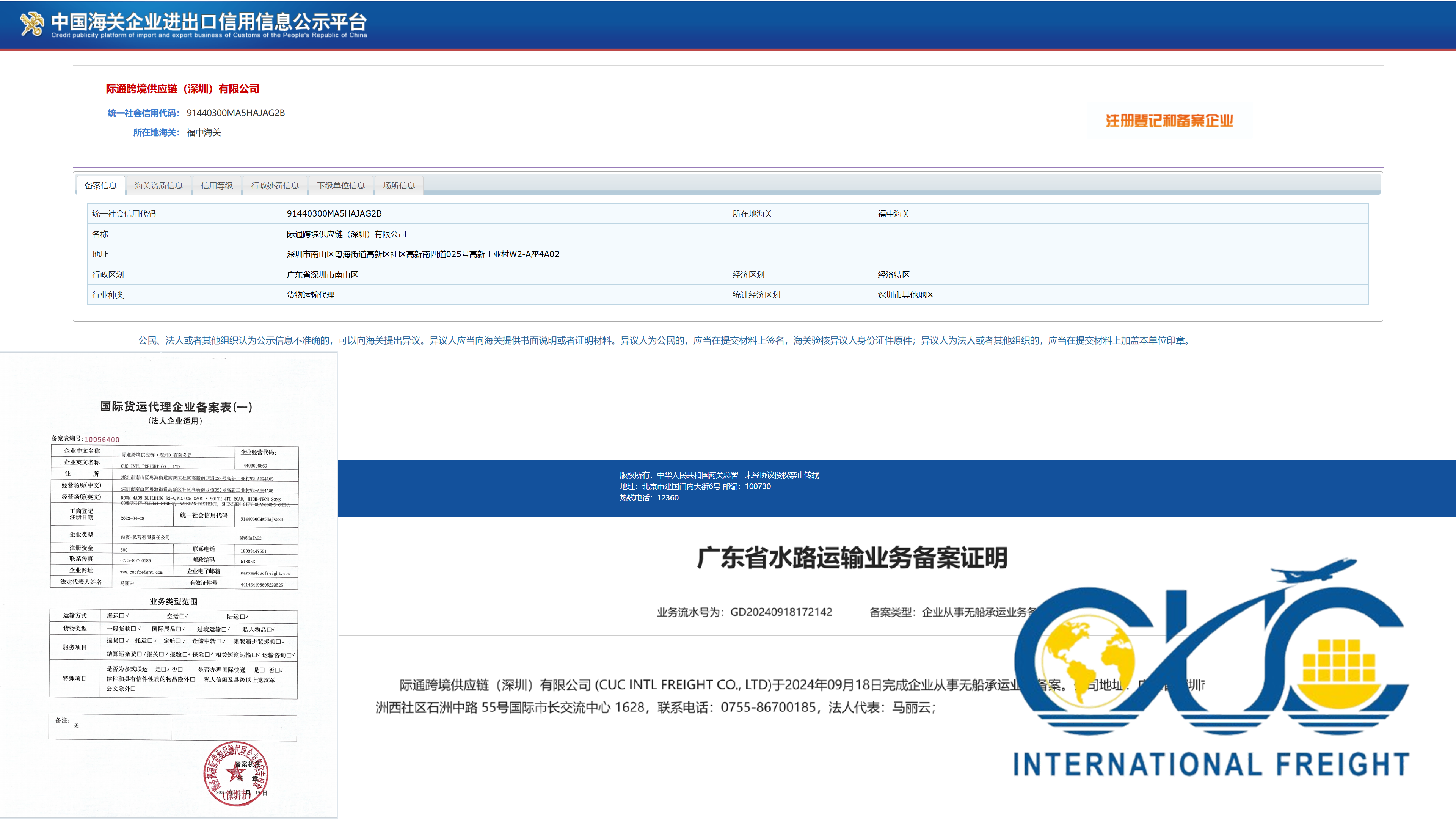
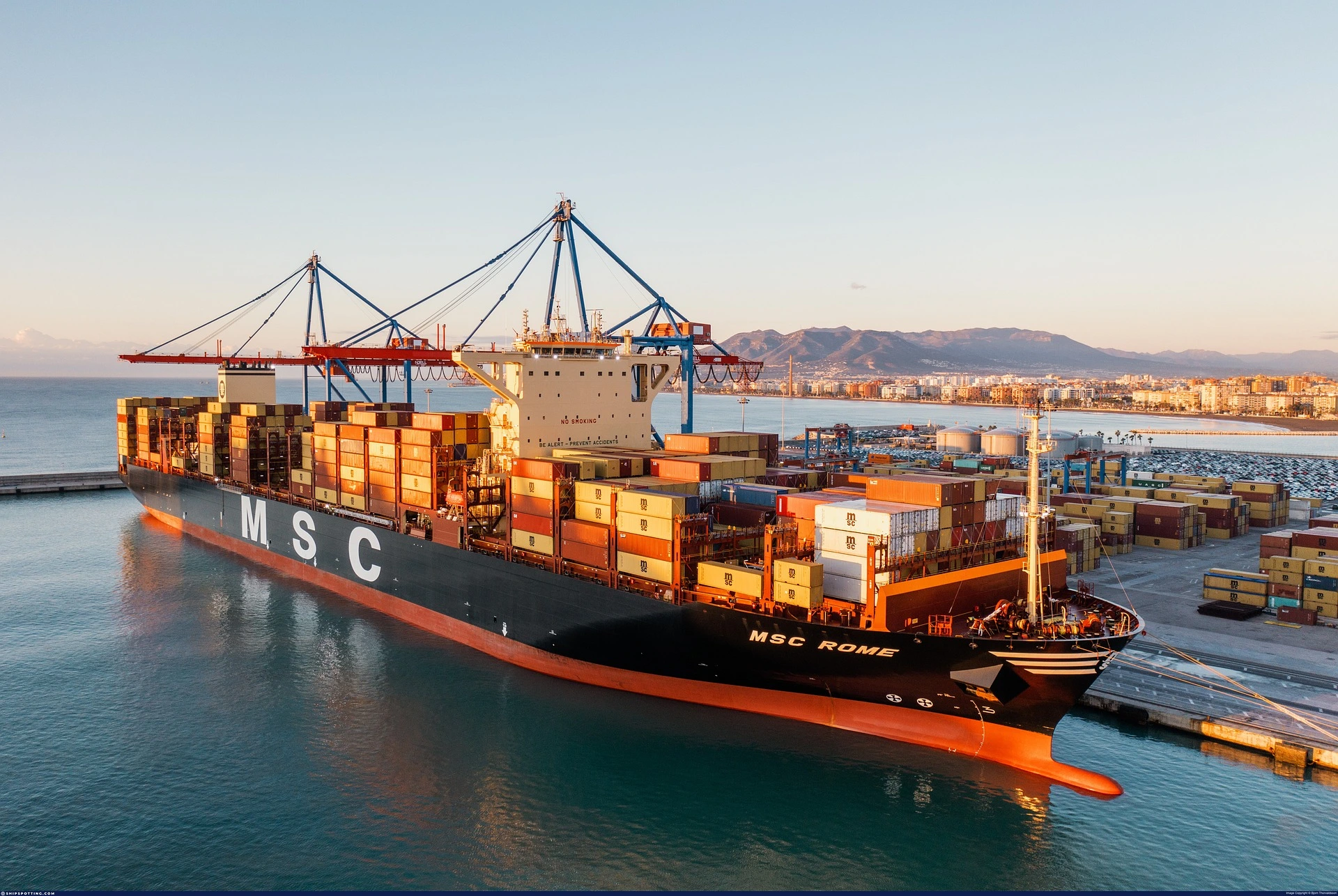
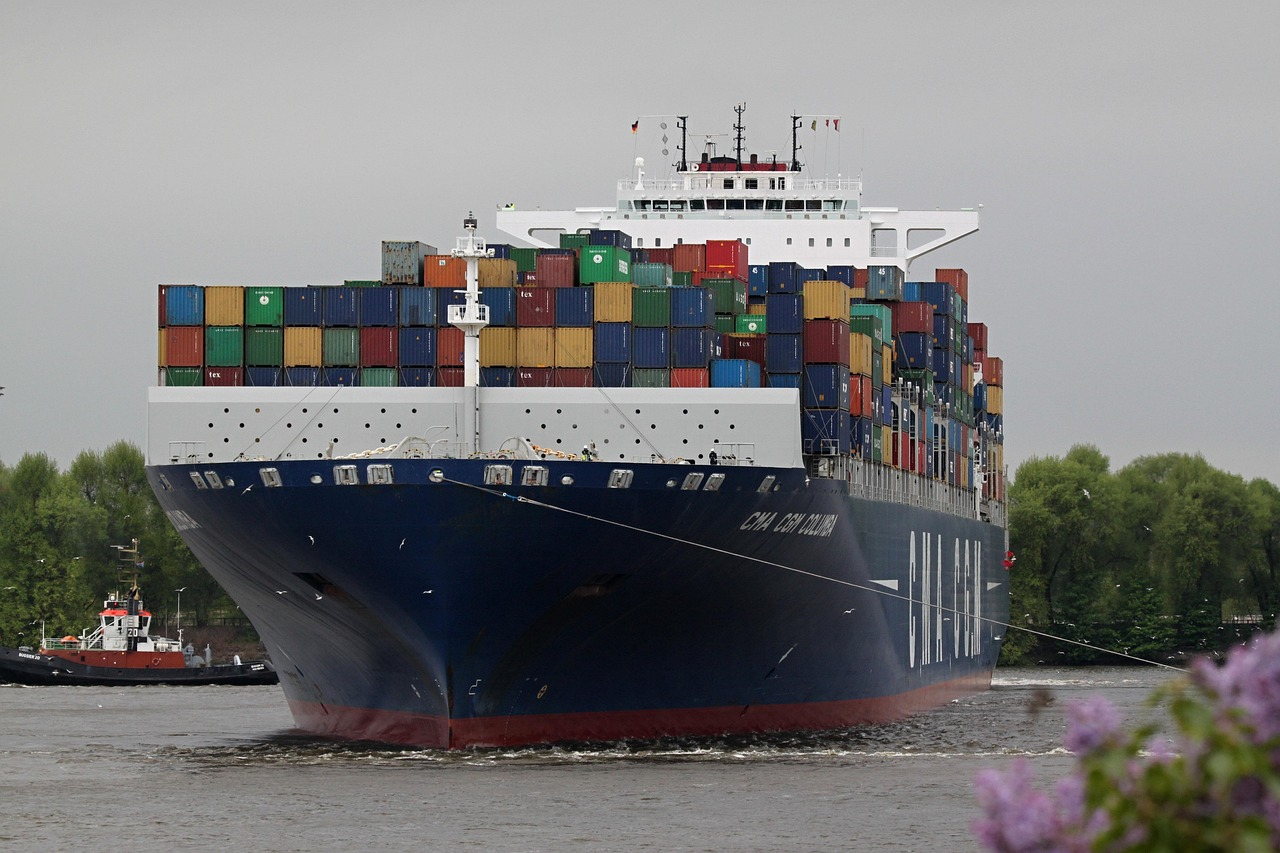
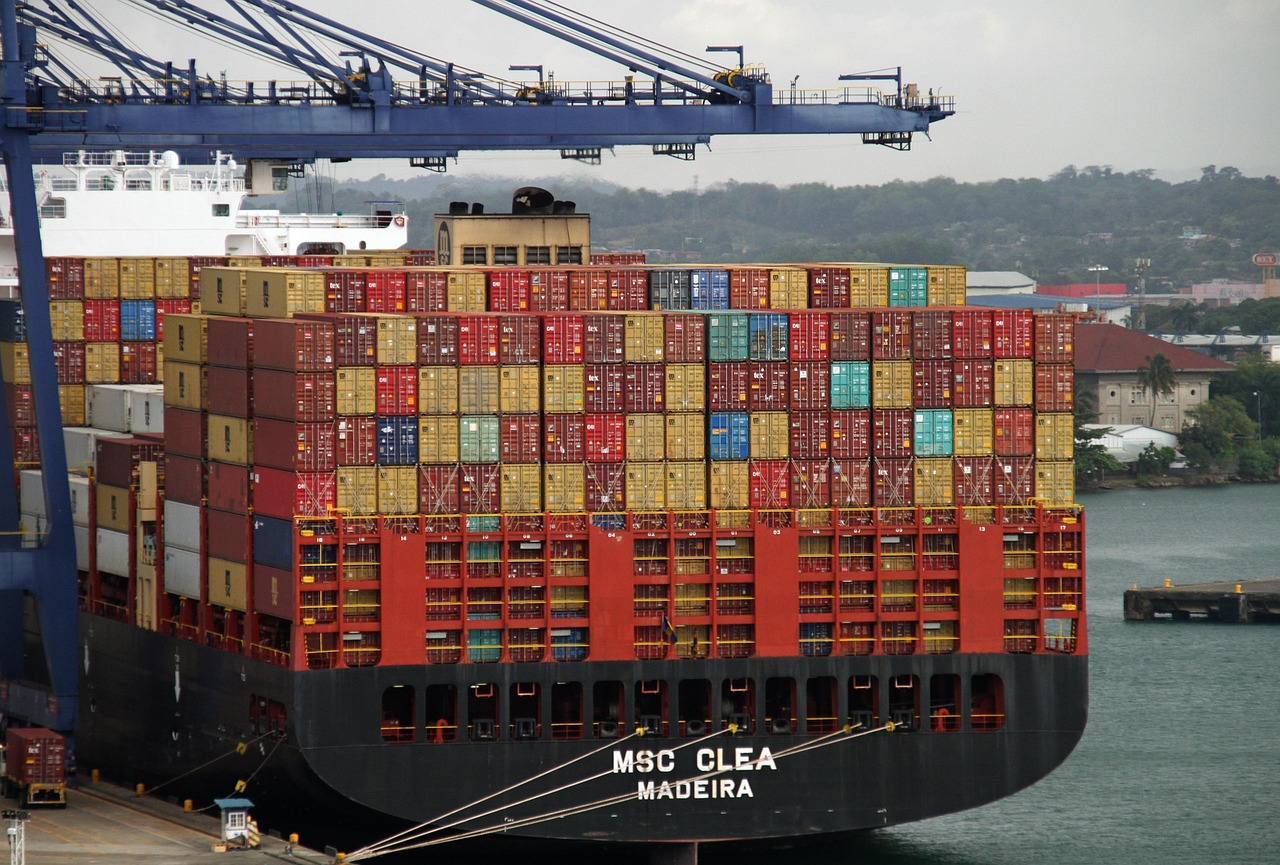
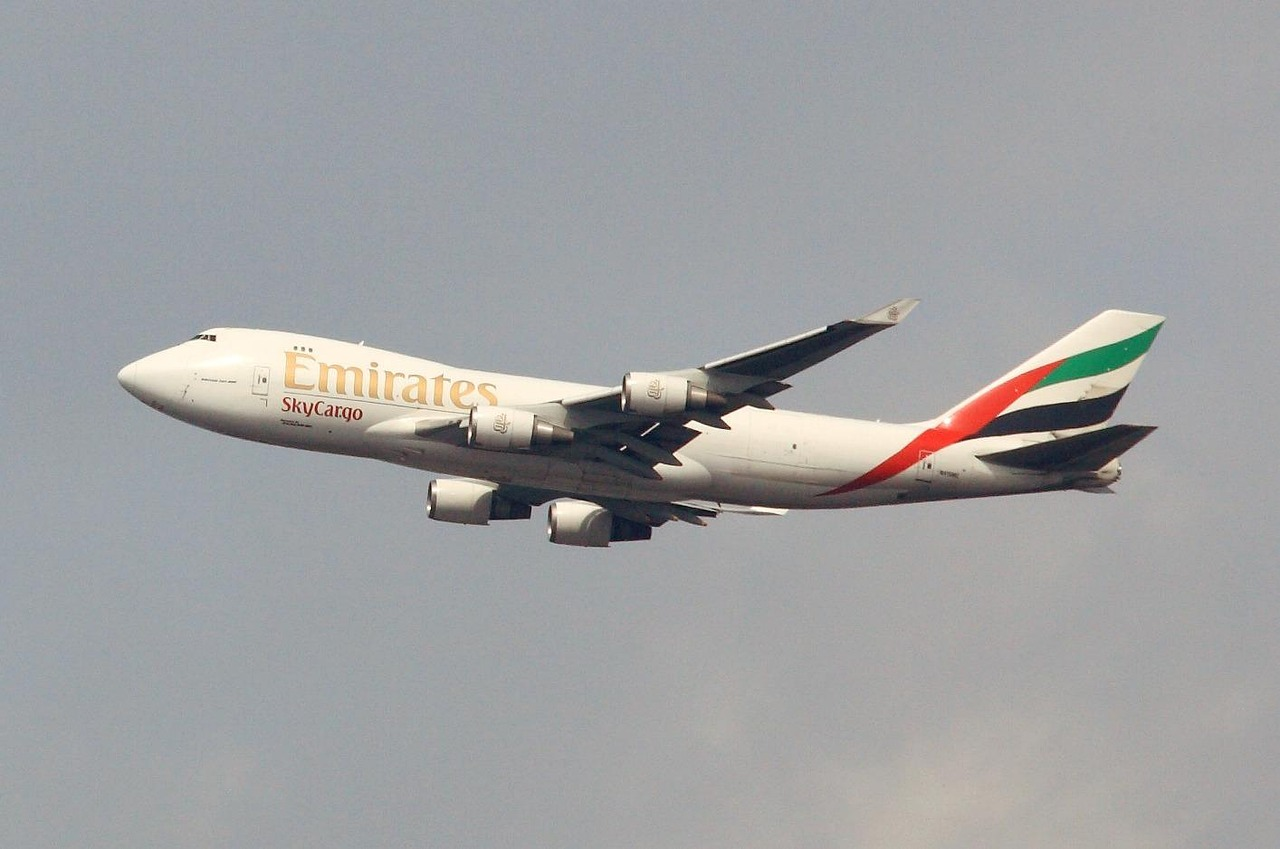
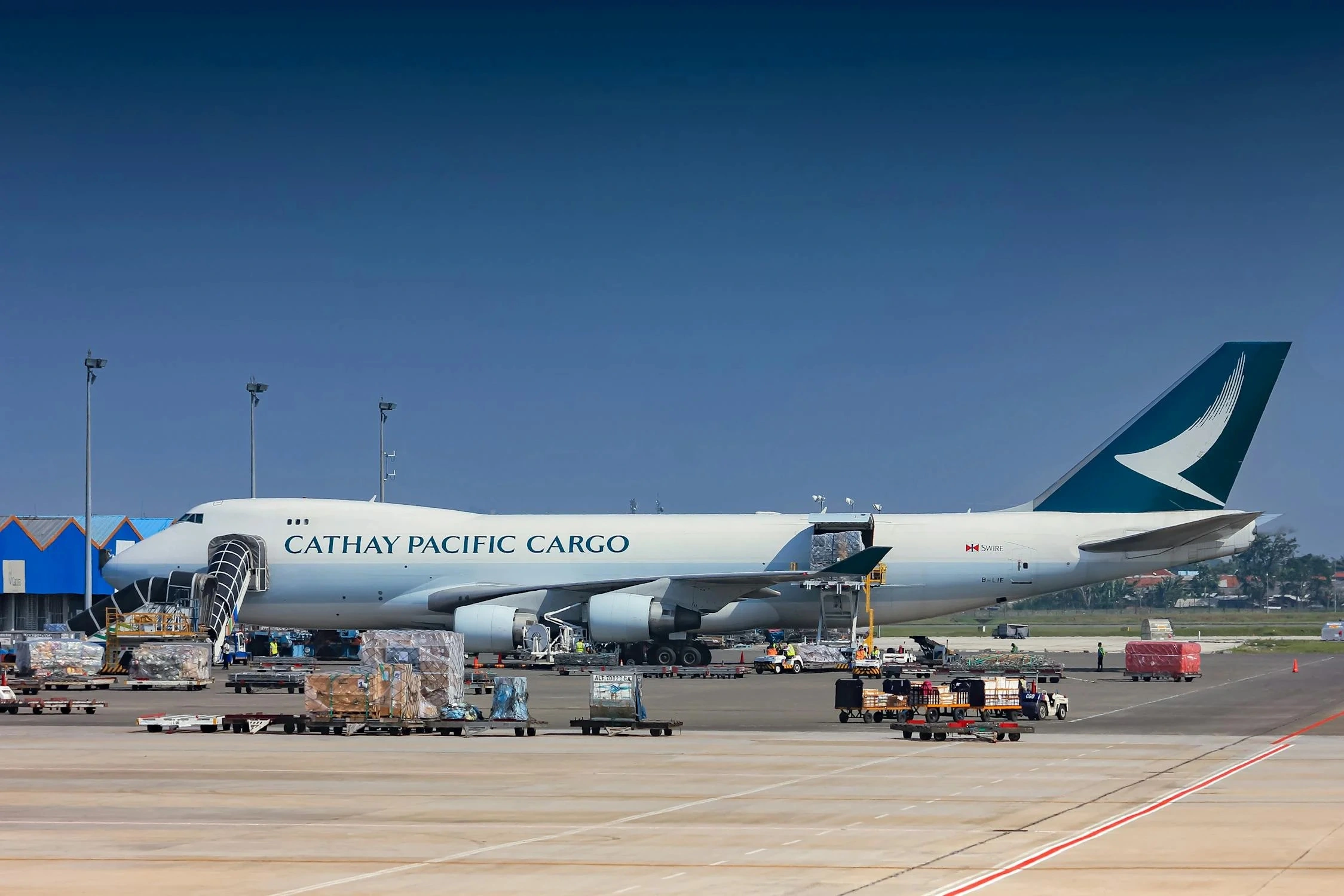
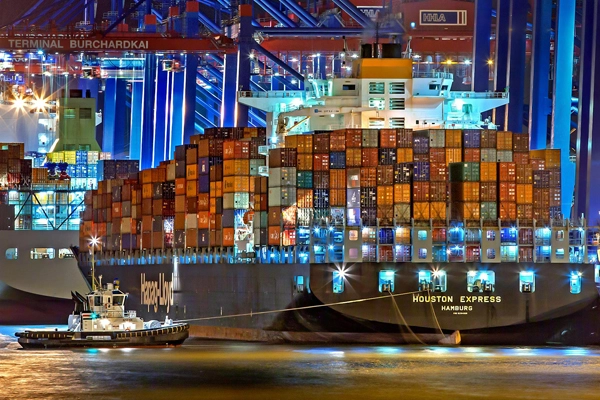
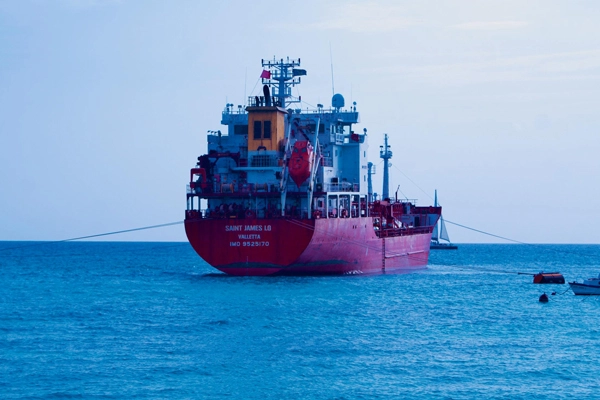









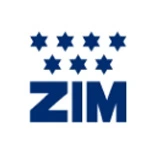
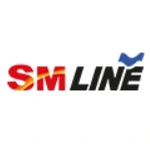

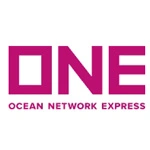
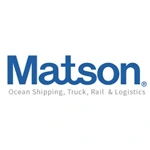


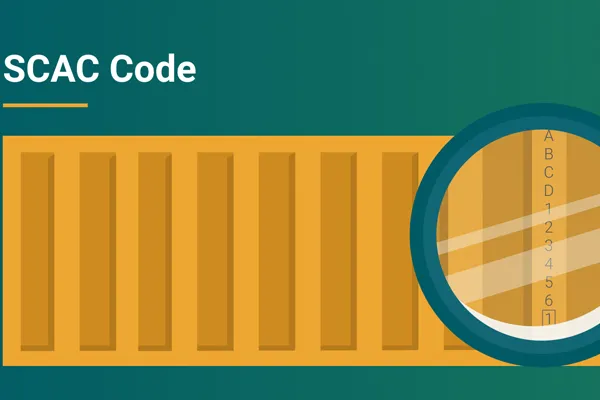
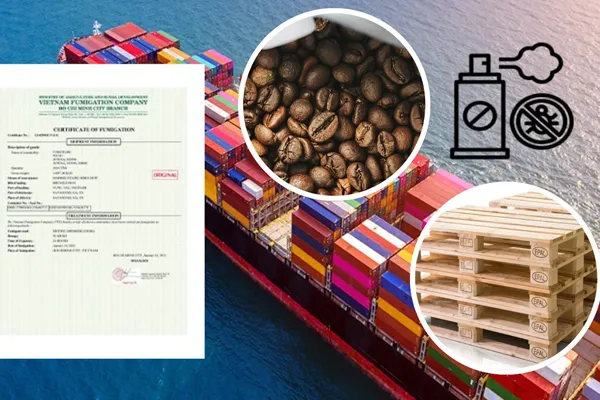
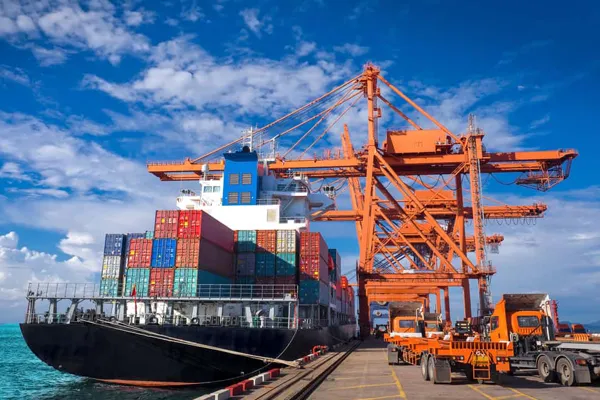
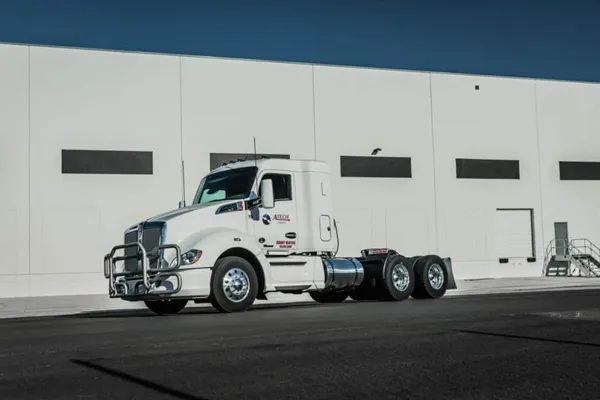
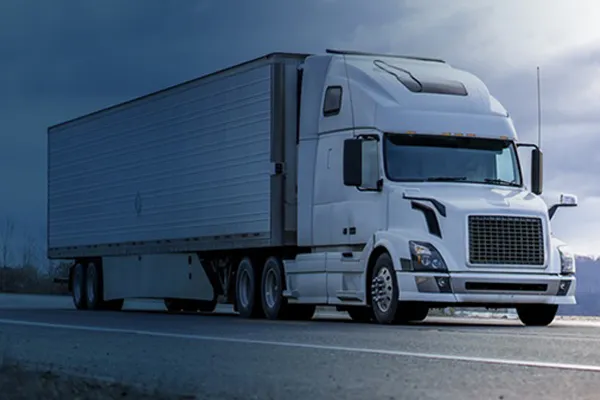
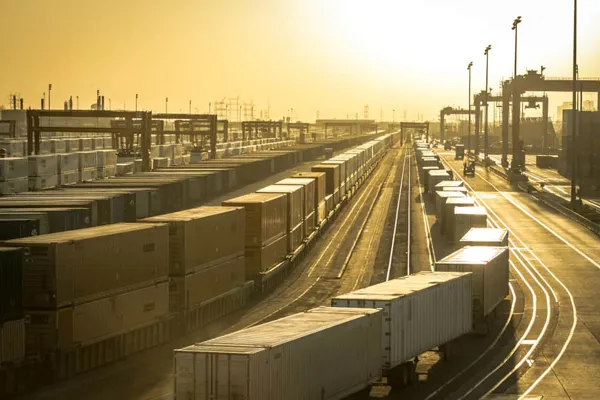
 Call us on:
Call us on:  Email Us:
Email Us:  International Mayors Exchange Center, No. 55 Shizhou Middle Rd, Nanshan District, Shenzhen Guangdong China
International Mayors Exchange Center, No. 55 Shizhou Middle Rd, Nanshan District, Shenzhen Guangdong China 
